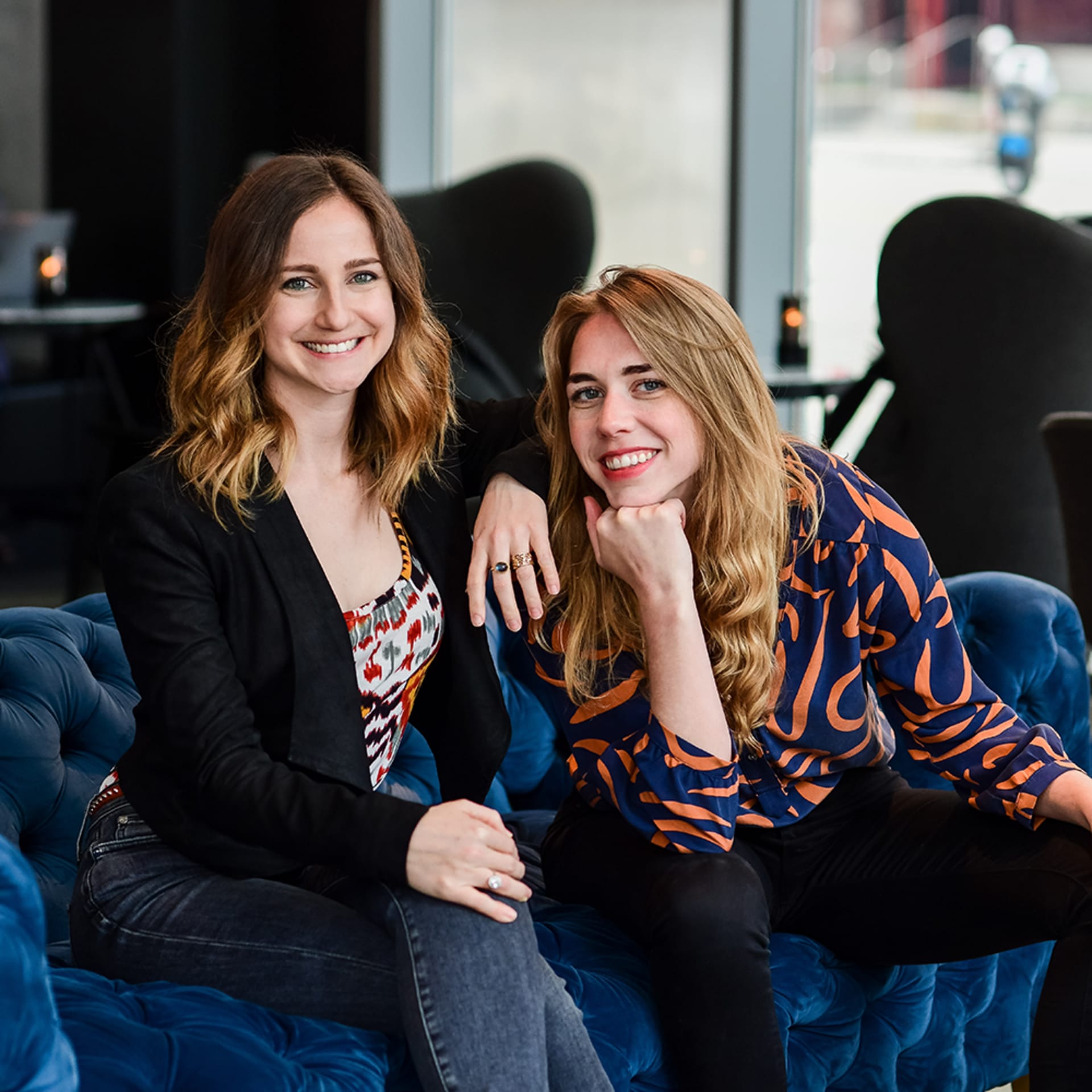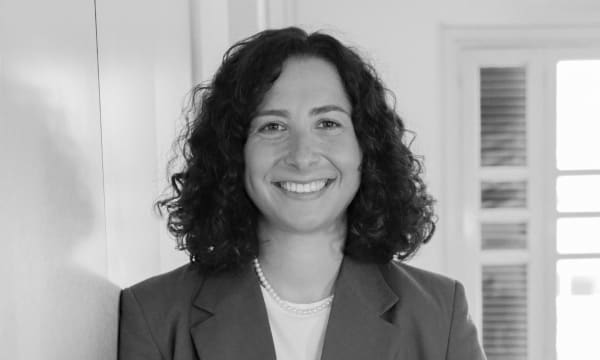What is Coa?
Alexa Meyer: Coa is a gym for mental health. We’re all about helping people work on their mental fitness as proactively as they do their physical fitness.
We offer two things, very similar to what a gym [for physical fitness] would offer: group classes that are therapist led and one-on-one sessions—sort of like the personal training of mental health. And all of this is grounded in community, because we believe that it’s a lot easier to do this work when you’re surrounded by other people.
How did you come up with the idea for Coa?
Alexa: I used to work in advertising and branding, and then I started working in tech. I was getting really burnt out and started to question my overall fulfillment. [I asked myself,] “How do I take care of my emotions the same way I take care of my body?”
I’d come home from work and hit a workout class, but what about working on my stress, on anxiety, on my confidence? I looked around and I did not see any solutions that could help me do that. And I wondered, if we have gyms for physical health and physical fitness, why are we not doing the same thing for mental health? That was the ignition for Coa.
Dr. Emily Anhalt: My coming into this amazing vision that Alexa had had a lot to do with the idea that, as a clinical psychologist, I’ve seen that people want the answer to better emotional and mental health to be quick and easy. Of course, that’s what we want, because none of us want to be facing our pain or going through tough things. But just like you probably shouldn’t just take a diet pill instead of exercising—not that we’re anti-medication—I believe that there is really important work to do on our mental and emotional health that takes time and dedication.
We wanted there to be an easy way to start that work, since we know the work itself is not always easy. We’re really proud of the way in which Coa is actionable, experiential, community-based and also really grounded in clinical integrity and ethics.
Typically, mental health maintenance has been an individual, private practice. What is the benefit of opening it up to a community-oriented format?
Alexa: When you think about removing stigma, and you think about creating behavior change, it’s all about visibility.
You walk around the world today, and you see gyms everywhere. But when it comes to mental health, traditionally it’s been a very hidden experience, and that perpetuates some of the hesitation and the stigma and the shame. So, while therapy is confidential, we really believe that bringing visibility to the practice of working on your mental health is what’s going to help drive down that stigma. You’re seeing that other people are doing it, you’re seeing that you’re not alone in the challenges you’re facing, and you’re able to practice things in real time with other human beings.
Emily: There is an individual component to this. But the ability to do that individual work is greatly aided by the support of doing it amongst others.
When you go to the gym, you have to lift your own weights; no one can lift your weights for you. But it’s a hell of a lot easier to go to the gym and lift those weights when you have a spot, and when there are other people lifting weights around you, and when there’s a general culture of it being something to be proud of, to work on yourself in this way. And that’s what we’re working to change with Coa; not only how people do the work, but how people feel about doing the work with each other.
Why should people approach their mental health like they approach their physical health?
Emily: Pretty much any struggle or issue we have in life is likely going to be easier to prevent than it is to fix. [For example,] you probably shouldn’t wait until you’re diagnosed with early signs of heart disease to do cardio. With our mental health, we’re often made to feel like we have to wait until things are completely falling apart to get support. But it’s actually a lot more doable to work on these things in an ongoing way.
The other reason is that our mental health is every day. Life is made up of relationships, and our relationships are very much determined by how healthy of a relationship we have with ourselves. Emotional fitness is essentially strengthening your relationship with yourself and with others.




